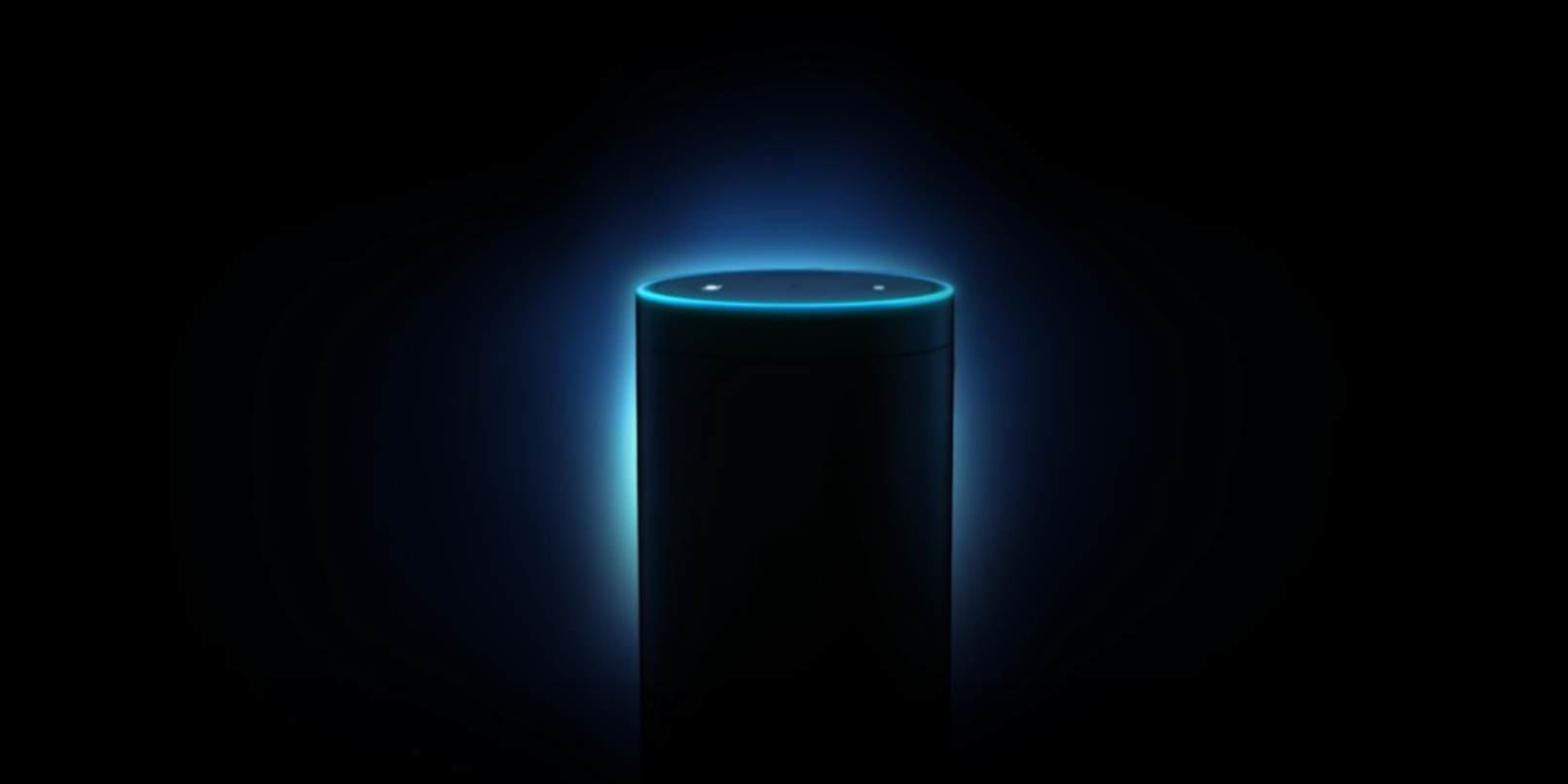

When it comes to technology, one of the big changes we’ve seen is the development and advancement of smart speakers. Regardless of which one you feel is the best for you and your life, you can’t deny that they are very popular, and kind of amazing when it comes to what they can do. Which is why Tech research firm eMarketer is now predicting a dramatic growth for smart speakers in the US market. In fact, they anticipate that smart speakers will overtake wearables at some point in 2018.
Business Insider has seen the report and indicates that the between 2016 and 2020, the growth of this market is anticipated to be around the 50% mark. Which means, that the sales will have jumped from 16 million all the way to 76.5 million. That’s an insanely high number. But should we be surprised? I’m not saying that everyone has a smart speaker, but I do feel like there are a lot of people who have one in their home. And if they if they don’t yet, they’re at least considering it.


Having a connected home is not only great when it comes to executing a task, but also at bringing people together. I mean, think about the Jeopardy! Skill that’s offered through Amazon’s Alexa. Growing up my brother and I would play Trivial Pursuit all the time – and now that we’re in 2018, we could still be having this kind of fun in a new, modern way. I’m not saying that this is the only thing you can do, but it’s an example of how it’s not just about connecting your home to make your life easier, but you can come together as a family on game night and have some fun. In fact, NPR/Edison Research recently conducted a survey of over 1000 smart speaker owners, and they discovered that a majority of people are using the device with others. Like listening to music, answering questions and playing games.
While I love smart speakers for everything they can do, I also love them because they help people. Especially people with disabilities, for example. Having a smart speaker enables them to be more independent. The speaker itself allows a person with a disability to get information that much faster. If you’re a person with low vision, or you’re blind, getting onto the internet can be challenging, but with a voice activation feature all you have to say is “Alexa – what will the weather be like today?” and get a response. Obviously, if you have a disability related to your speech, this isn’t the way to go, but I think you can see how this would be beneficial to some people.


Getting back to the original point for a moment – the number of smart speakers is going to surpass the number of wearables in the next year and a half. I have two things to say about this: 1) One reason might be that you can have more than one smart speaker in a home. In fact, Google and Amazon encourage you to have more and while that might be a marketing ploy, it also gives you more options of what you can do and where. If you’ve got a multiple story house, it’s nice to have one upstairs and downstairs. I know that might sound like I’m promoting their use, but if you’re moving around a lot, it gives you the flexibility you want.
The other reason that the smart speakers might be outnumbering wearables, is because wearables are kind of limited to what they can do. Don’t get me wrong,
I love my Apple Watch and everything that it does for me, but I can’t talk to it. It doesn’t play music for me. (The newer models can, but it’s not really the same) I guess I see these two pieces of technology as apples and oranges and while I think it’s ok to compare them from a competition perspective, I don’t think we can compare them otherwise.
